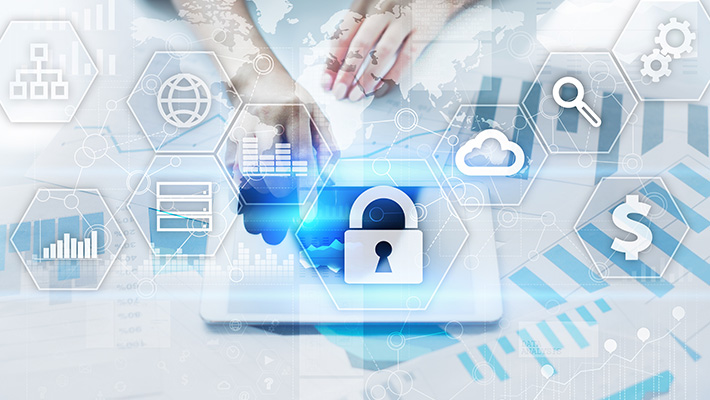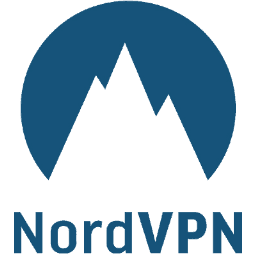
Embarking on a digital journey via public WiFi? Hold on tight as we unveil a virtual guardian – VPN protection on public WiFi.
While these networks offer convenience, they can expose you to lurking cyber threats. Brace yourself as we delve into the realm of data intercepts and malicious snoopers. But fear not! Our blog is here to empower you.
Discover how VPNs lock down your online haven, shielding you from prying eyes. Get ready to explore the world of secure connectivity and embrace worry-free browsing with VPNs on your side.
Understanding the Risks of Public WiFi
Public WiFi networks, while convenient, often come with a significant drawback: insecurity. These networks lack the encryption that protects your data from being intercepted by malicious actors. This vulnerability opens the door to various potential threats, including:
- Man-in-the-Middle Attacks: In these attacks, cybercriminals position themselves between you and the WiFi hotspot. They can intercept and alter the data you send and receive, potentially gaining access to sensitive information like login credentials and financial details.
- Eavesdropping: Hackers can easily eavesdrop on unencrypted data transmitted over public WiFi. This means that your private conversations, emails, and online activities could be monitored without your knowledge, leading to privacy breaches.
- Malicious Hotspots: Cybercriminals often set up fake WiFi hotspots with names similar to legitimate ones. When users unknowingly connect to these malicious networks, attackers gain the ability to intercept and manipulate their internet traffic, putting personal data at risk.
Therefore, public WiFi's lack of encryption and security measures creates a breeding ground for threats like man-in-the-middle attacks, eavesdropping, and the presence of malicious hotspots.
It's essential to be cautious when connecting to such networks and consider additional security measures, such as using a VPN, to safeguard your sensitive information.
How a VPN Provides Protection on Public WiFi

A Virtual Private Network (VPN) acts as a fortified shield when navigating the potentially treacherous waters of public WiFi networks. Here's how it works:
- Encrypted Tunnel: When you connect to a VPN, your data is encapsulated within an encrypted tunnel. This means that any information you send or receive becomes indecipherable to anyone attempting to intercept it, providing an additional layer of security.
- Masked IP Address: VPNs also cloak your IP address, replacing it with the IP address of the VPN server you're connected to. This alteration makes it exceedingly difficult for malicious actors to trace your online activities back to your device.
- Secure Data Transmission: As your data travels through the encrypted tunnel to the VPN server, it remains shielded from the prying eyes of hackers and snoopers who might be lurking on the public WiFi network.
- Bypassing Restrictions: Additionally, VPNs can help bypass geo-restrictions and censorship, granting you access to content that might be otherwise unavailable in a particular location.
The heart of a VPN's protection lies in its encryption. This encryption ensures that even if cybercriminals manage to intercept your data, they'll only encounter an unintelligible jumble of characters.
By effectively anonymizing your connection and making your data impenetrable, VPNs offer a potent solution for secure browsing on public WiFi networks.
Choosing the Best VPN for Public WiFi
When it comes to fortifying your online security on public WiFi, ExpressVPN takes the lead. With rock-solid encryption, your data remains impervious to prying eyes. Their no-logs policy ensures your privacy stays intact.
Discover the powerhouse features of ExpressVPN, your ultimate guardian against online vulnerabilities and privacy breaches.
Whether at a café or airport, ExpressVPN stands guard over your information, making it the top choice for secure browsing on unsecured networks.
Additional Tips for Using Public WiFi Safely
- Verify Network Names: Before connecting to a public WiFi network, confirm its legitimacy with the establishment's staff. Cybercriminals often create fake networks with similar names to lure unsuspecting users.
- Disable Sharing Settings: Turn off file and printer sharing, as well as public folder sharing, on your device. This prevents unauthorized access and keeps your files safe from prying eyes.
- Embrace HTTPS: When browsing websites, ensure the URL begins with “https://” instead of “http://.” This indicates a secure connection, encrypting the data exchanged between your device and the website.
By following these precautions, you can navigate public WiFi networks with confidence, reducing the risk of falling victim to common online threats.
Conclusion
In the ever-expanding digital landscape, the significance of safeguarding your online presence cannot be overstated. Utilizing a VPN such as ExpressVPN on public WiFi networks serves as a vital shield against potential cyber threats.
Your data remains encrypted, your IP address concealed, and your online activities shielded from prying eyes. However, while a VPN is a robust tool, staying vigilant against evolving online threats is equally essential.
As you surf the web securely, remember that combining the power of a VPN with cautious online practices ensures a safer and more private digital experience.
FAQs
Is using a VPN on public WiFi networks necessary?
Can a VPN slow down my internet connection on public WiFi?
While a VPN can marginally decrease your speed due to encryption, the trade-off for enhanced security is well worth it. High-quality VPN services like ExpressVPN aim to minimize any noticeable slowdown.
Do all VPNs work equally well on public WiFi networks?
Not all VPNs are created equal. Reliable services like ExpressVPN offer stronger encryption, a wide range of servers, and a commitment to privacy, making them better suited for secure browsing on public WiFi.
Can a VPN protect me from all types of cyber threats on public WiFi?
Can I use a free VPN for protection on public WiFi?

Thomas Smith is the editor of forprivacy.org, overseeing a team focused on building the voice of the cybersecurity world through guides, reviews articles and community. His background is as a writer and seasoned software industry veteran with 10 years of experience.
More Posts




